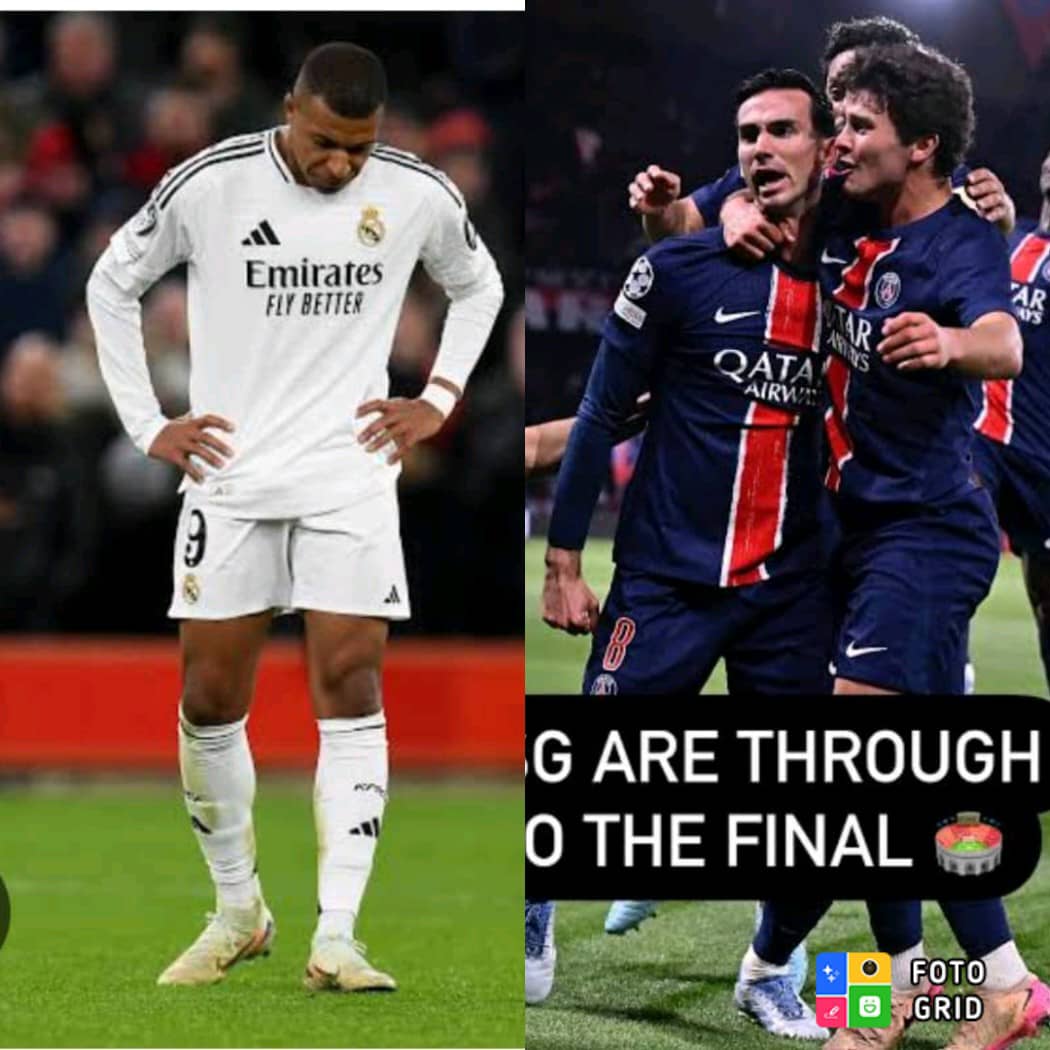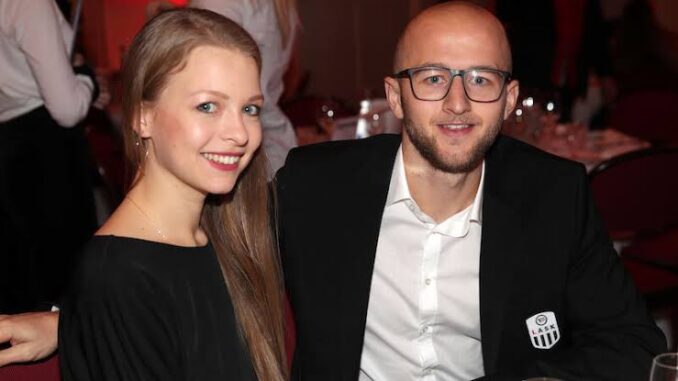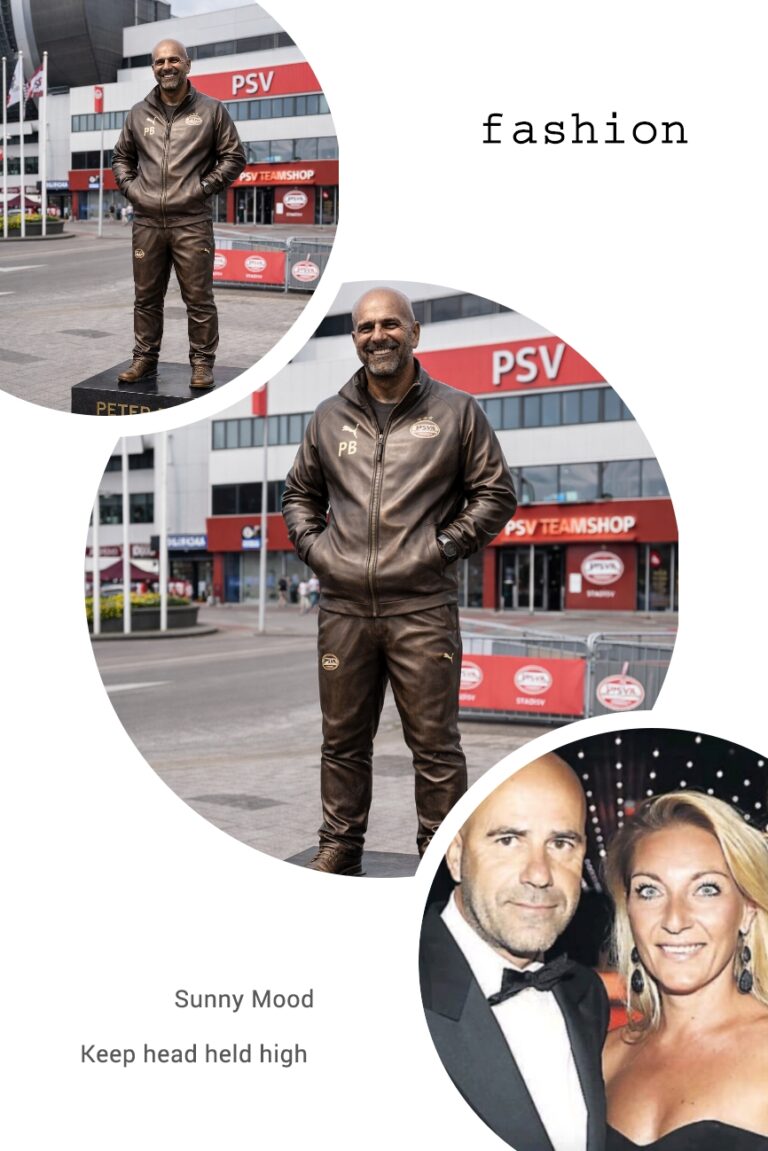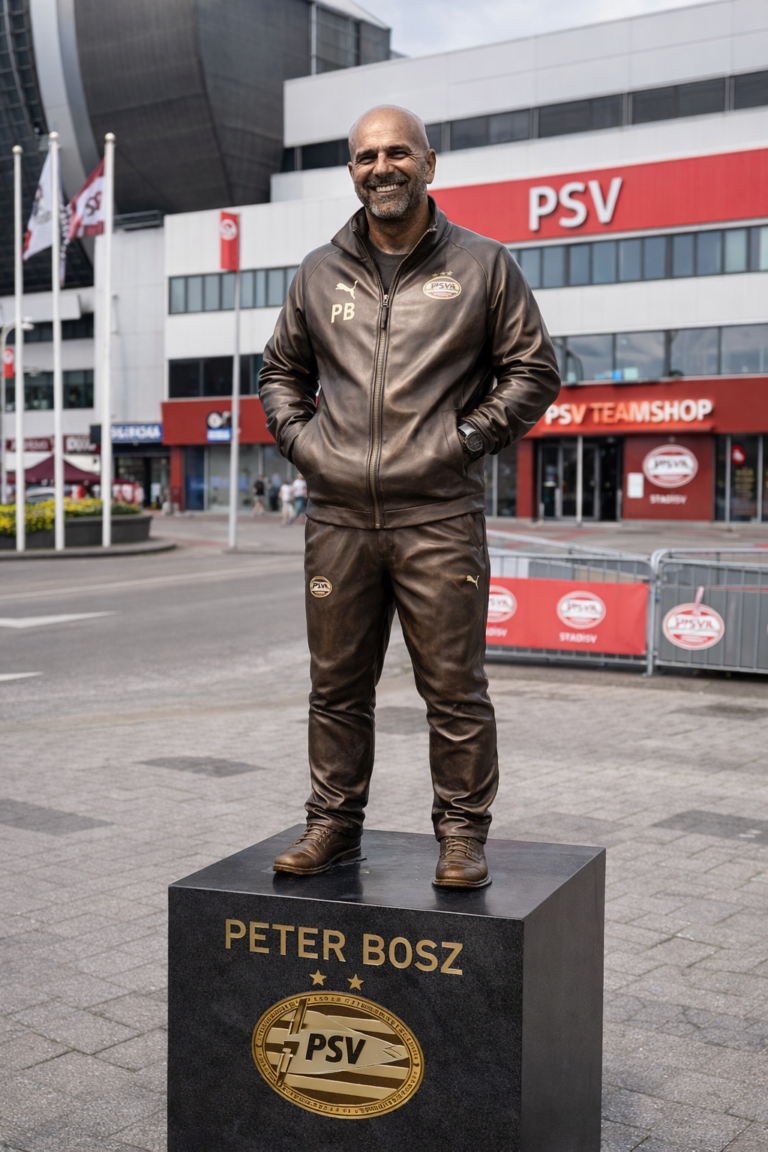
The summer departure of Kylian Mbappé, Paris Saint-Germain’s marquee star and one of the most electric talents in world football, marked the end of an era—one defined by individual brilliance, commercial allure, and a relentless pursuit of European glory. While the headlines focused on where Mbappé would go next, a more profound transformation was quietly taking shape in Paris. The post-Mbappé era has not simply been about replacing a superstar; it has become a moment of reckoning, reflection, and ultimately, reinvention for PSG.
From Galácticos to Grit
For over a decade, PSG’s identity was built around star power. From Zlatan Ibrahimović to Neymar Jr., and finally to Kylian Mbappé, the club embraced the Galáctico model, assembling global icons in an effort to conquer Europe and dominate Ligue 1. Yet despite domestic dominance, the UEFA Champions League remained elusive. Critics often pointed to the lack of cohesion, overreliance on individuals, and a fragile sporting culture overshadowed by branding and celebrity.
With Mbappé’s exit, PSG had a unique opportunity—perhaps for the first time in the Qatari ownership era—to truly reimagine what kind of club it wanted to be. Rather than chasing another superstar to fill the void, the club has pivoted toward a more holistic, sustainable, and team-oriented model.
A Youth-Driven Vision
Under Luis Enrique and sporting director Luis Campos, PSG is embracing a bold new vision centered on youth development, tactical identity, and collective strength. This new PSG is less concerned with marquee names and more focused on building a balanced squad with a clear system of play. Young talents like Warren Zaïre-Emery, Bradley Barcola, and Manuel Ugarte have been given center stage. The club has also intensified scouting efforts across South America, Africa, and France’s own fertile youth academies to find hungry, coachable players who fit the new mold.
This pivot isn’t just about finding the next big thing—it’s about nurturing talent within a clear footballing philosophy. The tactical evolution under Luis Enrique is noticeable: PSG now plays a more compact, possession-based game with a high press and positional discipline. It’s a style that demands synergy over stardom.
Reclaiming Sporting Integrity
Perhaps the most significant shift is psychological. For years, PSG was seen as a club that prioritized commercial relevance over footballing purity. The Mbappé era, with all its drama and high-stakes negotiations, often symbolized this imbalance. Post-Mbappé, the club is making a conscious effort to reclaim its sporting soul.
Statements from club leadership have emphasized a return to values like humility, work ethic, and meritocracy. Even the transfer strategy reflects this ethos—targeting players who buy into the project rather than those seeking spotlight. The aim is clear: to build a team that plays for the badge, not just for the brand.
Fan Reconnection and Cultural Reset
This evolution is also reshaping the club’s relationship with its fanbase. Disenchanted ultras, who often felt alienated by the glitz of the past era, are beginning to re-engage. PSG’s Parc des Princes has started to feel like a fortress again—not because of star power, but because of unity and purpose on the pitch.
Off the field, the club is investing more in community programs, local outreach, and youth partnerships, aligning more closely with the spirit of its Parisian roots. In this way, PSG is shedding the image of a corporate juggernaut and reestablishing itself as a club of the people.
The Champions League: A Different Kind of Goal
While the Champions League remains an objective, the way PSG approaches it has changed. No longer fixated on immediate glory through superstar heroics, the focus is now on long-term growth and consistent progress. This isn’t to say ambition has been lowered—far from it. But the pursuit is now grounded in realism and strategy, not just spectacle.
Ironically, this recalibration may bring PSG closer to European success than ever before. History shows that Champions League winners—like 2020s-era Bayern Munich or 2022’s Real Madrid—rely on tactical clarity, depth, and mental fortitude as much as they do on talent.
Conclusion: A New Definition of Greatness
In the post-Mbappé era, PSG is no longer chasing greatness through individual stars. Instead, the club is redefining what greatness means—through identity, integrity, and innovation. This version of PSG may be less glamorous in the traditional sense, but it is arguably more authentic and sustainable. The journey may be longer, but the foundation is stronger.
If Mbappé’s departure marked the end of a glittering chapter, it has also opened the door to a more meaningful and promising future. And in this new era, PSG is not just building a team—it’s building a legacy.






